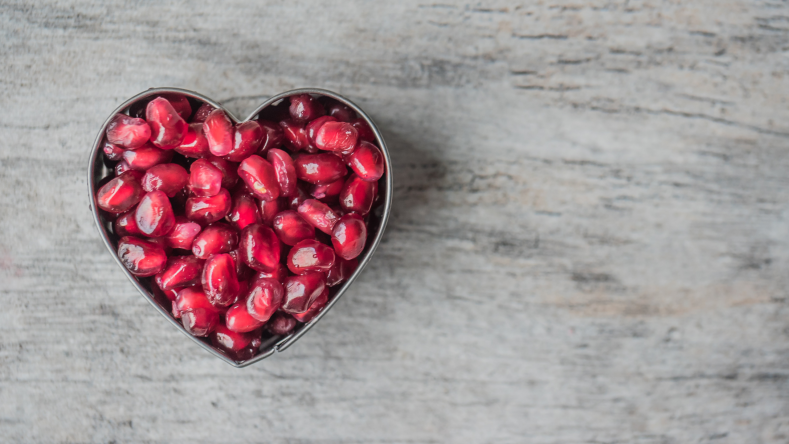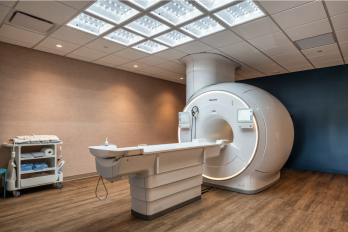Issue 21: Can holiday boozing damage your health?
Wondering whether or not you should have that extra glass of wine this holiday season? To help you decide, we’ve compiled five articles that cover alcohol's effect on heart health, chronic inflammation, immunity, and more.

Seasons greetings! As we near the end of 2021, it's time to raise a glass and celebrate your accomplishments. Or is it?
While alcohol is intertwined with many beloved holiday rituals, it can be easy to overindulge at this time of the year. Studies show that the average American adult doubles their usual alcohol consumption between Thanksgiving and New Year’s. Even though an occasional drink may not be cause for concern, excessive booziness can lead to a myriad of health issues for both athletes and non-athletes alike.
From heart health to chronic inflammation, we’re sharing some ways that alcohol can negatively impact long-term health and fitness, especially when you go overboard.
Cheers to a healthful (and less boozy) holiday season, Elos!

How alcohol affects weight gain and inflammation.
The occasional drink may not raise alarm bells, but the cumulative effects of drinking alcohol can take a toll on your body. From obesity to chronic inflammation, here's how long-term boozing can affect your health and sports performance.
Does alcohol impact immunity?
Immunity continues to be top of mind this Christmas and chronic alcohol consumption has been shown to impact B-cells and T-cells, which help combat illness and infection. Sugar and fat can also impact immune function.

Heart health and the holidays.
Recent research shows a 15% increase in heart attack risk during the holiday season. “Holiday heart syndrome” may contribute to this statistic, so here's what you need to know to keep your ticker strong and healthy this season.
Alcohol and fitness: Friend or foe?
While there are some positive health benefits associated with moderate alcohol consumption, recent research suggests that boozing can put a serious damper on your fitness gains. From reduced muscle protein synthesis to altered hormone levels, here’s how alcohol can impact fitness.
Booze and the brain.
It's no secret that alcohol impacts the brain, however, new research shows that it's not just at excessive doses. Even moderate alcohol consumption is associated with smaller brain size and poorer memory recall performance in both men and women.
Disclaimer: The text, images, videos, and other media on this page are provided for informational purposes only and are not intended to treat, diagnose or replace personalized medical care.







